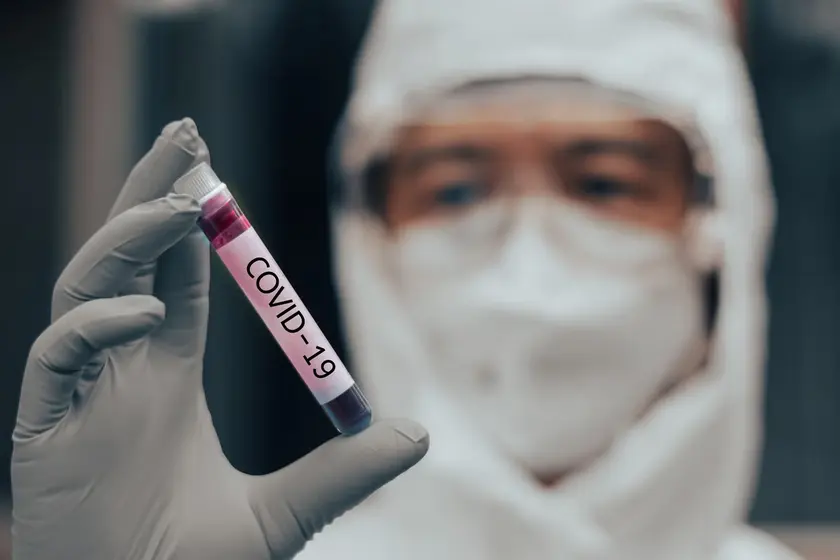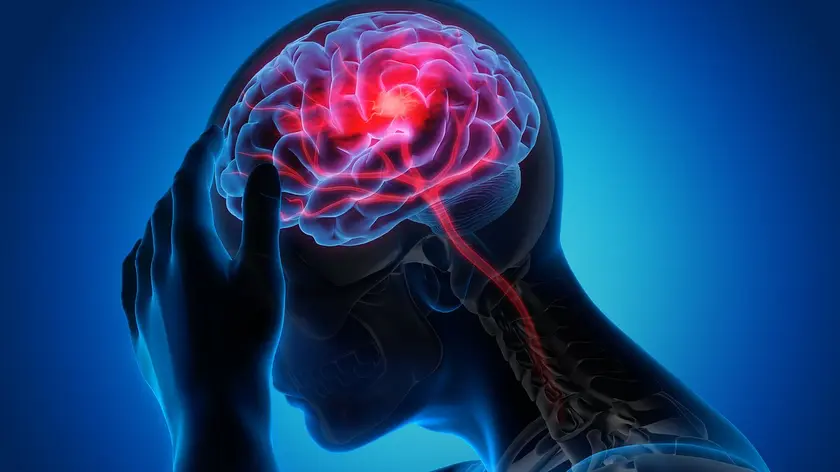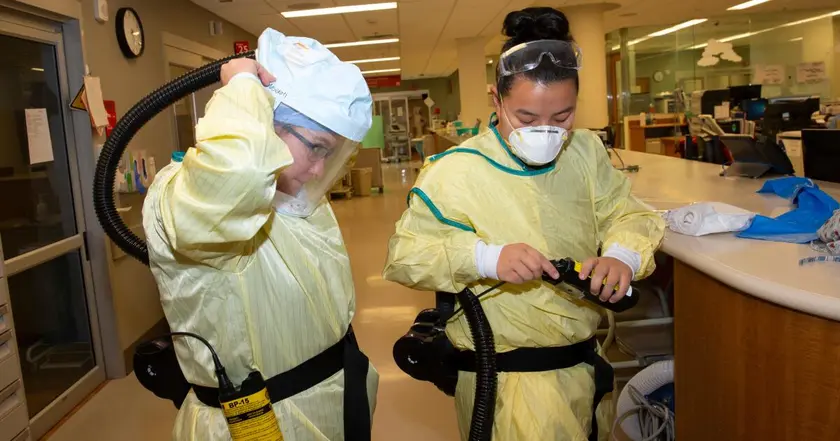T4K3.news
Covid linked vascular aging raises risk for women
French study shows mild Covid may age arteries by up to five years, with greater effects in women.

French researchers warn that even mild Covid can accelerate vascular aging, with stronger effects seen in women, potentially raising long term cardiovascular and cognitive risks.
Covid linked vascular aging raises risk for women
A French study of 2,390 adults from 16 countries measured vascular aging using carotid-femoral pulse wave velocity (PWV). Measurements taken six months after infection and again at 12 months showed increases in PWV, indicating stiffer arteries. In women with mild Covid, PWV rose by 0.55 meters per second; those hospitalized by 0.60; and those treated in intensive care by 1.09. A 0.5 m/s increase is considered clinically relevant and roughly equals five years of vascular aging, rising the risk of heart disease. Vaccination status appeared to matter: vaccinated individuals tended to have less arterial stiffness, and vascular aging seemed to stabilise or improve slightly over time for them. Researchers propose that the virus may age vessels through direct infection of blood vessel lining via ACE2 receptors or through the body’s inflammatory and immune responses. They note that differences in immune system function may partly explain why women could be more affected by this aging process. The team plans longer follow up to see if accelerated vascular aging translates into more heart attacks or strokes. Outside observers, including Dr Behnood Bikdeli of Harvard Medical School, emphasize that post-acute Covid-19 syndrome continues to pose challenges and that identifying modifiable targets could help during future infection surges.
Key Takeaways
"We know that Covid can directly affect blood vessels."
Direct mechanism cited by researchers.
"Women mount a more rapid and robust immune response, which can protect them from an infection."
Explains gender differences in vascular aging.
"Although the acute threat of the Covid-19 pandemic has waned, a new challenge emerged in its aftermath."
Editorial framing of long term effects.
The findings add to a growing concern about long term health after Covid, but they also require careful interpretation. PWV is a proxy for vascular aging, not a direct forecast of future events. The gender difference invites scrutiny: are biology, hormones, or reporting patterns driving the disparity, or is it a function of immune response timing? The study signals the need for targeted follow up in patients with even mild infections, especially older women and those with risk factors. It also underscores the importance of vaccination as part of long term cardiovascular protection, even if vaccines do not prevent all effects of the virus. Policymakers should balance messaging about individual risk with the science of prevention and proactive health monitoring.
Highlights
- Covid can directly affect blood vessels
- Women mount a rapid and robust immune response
- Although the acute threat has waned a new challenge emerged
- We need to identify who is at risk early to prevent heart attacks and strokes
Potential misinterpretation of gender differences in vascular aging
Findings show stronger effects in women, raising the risk of misinterpretation in public messaging or health policy. Clear communication is needed to avoid stigma or oversimplified conclusions about vaccines and gender.
The study raises important questions about how we monitor vascular health after infection and how we guide patients over several years.
Enjoyed this? Let your friends know!
Related News

Covid linked to faster arterial ageing in women

Covid linked to faster vascular aging

Stroke risk linked to pregnancy history

New cardiology recommendations aim to lower heart disease

Daily Habits May Raise Dementia Risk

Protein trend linked to higher cancer risk warns doctors

Surge in egg donations raises health concerns

Study shows pandemic accelerated brain aging
